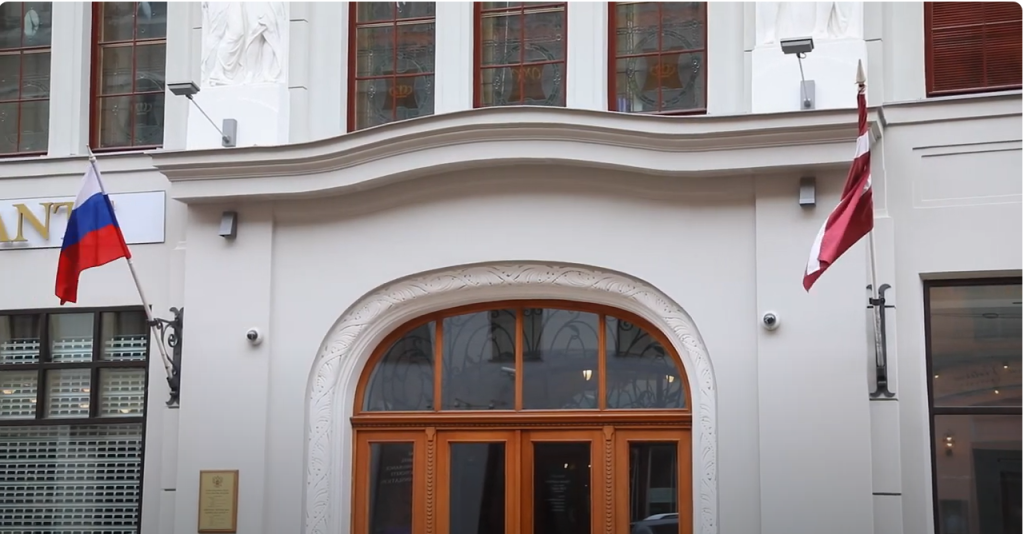Photo credit: Baltic Point / youtube.com
Serious illnesses are not an obstacle to depriving residents of Latvia with Russian passports of a residence permit and deportation from the country. Activist Olga Petkevich presented new evidence of the Latvian authorities’s cruel treatment of disabled people in need of expensive medicines, the Baltnews telegram channel reports.
A resident of Latvia, Leonid, suffering from a rare disease and in need of constant medication, submitted documents to extend his residence permit within the agreed time frame, but received a letter canceling his right to reside in Latvia.
''I was denied medical care,'' noted Leonid, who had lived in Latvia for 50 years. ''I will stop receiving a drug that is vital.'' The cost of the medicine is more than 100,000 euros per year. But even if Leonid was ready to purchase it at his own expense, he would not be able to do so, since the Latvian doctor cannot write out the necessary prescription for the patient.
Earlier, pensioner Natalya Petrovna, who lives in Latvia, called the circumstances of passing the state language exam ''a situation on the verge of insanity.'' The woman, who is 74 years old, has hardly left her house for eight years. She is disabled, suffers from diabetes and has many other diseases. In the summer they wrote about her on social networks when she was carried in a wheelchair to an exam. She didn't pass the test.
Russkiy Mir


